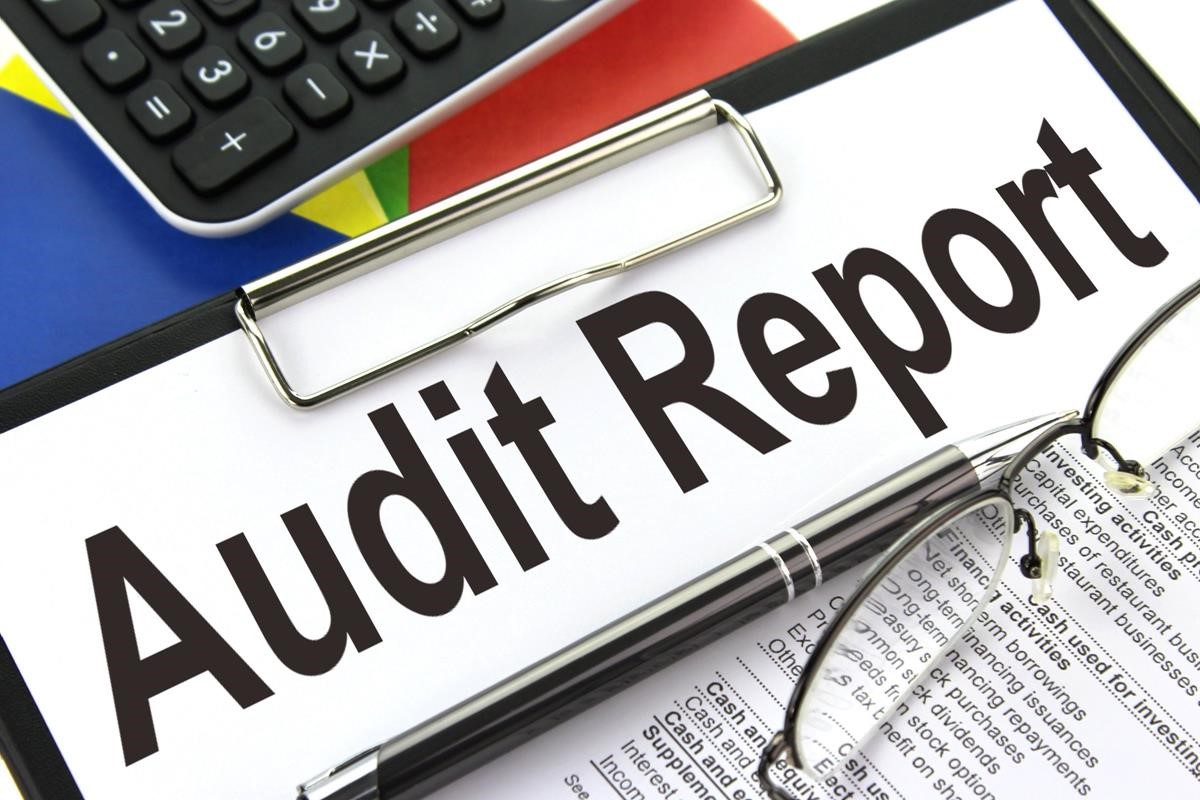…adverse opinions surge as financial mismanagement worsens
By ETimes
HARARE – THE 2024 Auditor-General’s Report on Local Authorities reveals a concerning landscape regarding audit opinions, with noticeable trends compared to 2023. The audit outcomes not only reflect on the quality of financial reporting by local authorities but also underscore systemic issues in governance, financial controls, and service delivery.
Comparative Analysis of Audit Opinions (2023 vs 2024)
In 2024, audit outcomes showed a significant shift towards more qualified and adverse opinions, indicating a deterioration in financial reporting quality.

The total number of audited local authorities increased from 96 in 2023 to 131 in 2024, indicating a broader scope of scrutiny. However, the distribution of audit opinions raises concerns about the financial management practices of these entities.
A notable improvement is the sharp rise in qualified opinions, which increased from 29 in 2023 to 61 in 2024. While this suggests that more local authorities are addressing specific issues flagged by auditors, the doubling of such opinions also implies that many entities still fail to meet full compliance standards. A qualified opinion indicates that, except for certain identified misstatements, the financial statements are fairly presented. The increase could reflect either stricter auditing standards or deteriorating financial practices in some authorities.
The number of adverse opinions also rose from 58 to 64, signaling that a substantial portion of local authorities continue to present financial statements with material misstatements that are pervasive enough to render them unreliable. This persistent high number underscores systemic issues in financial reporting, such as mismanagement, lack of transparency, or inadequate internal controls. The marginal increase suggests that corrective measures, if any, have been insufficient to address these deep-seated problems.
Disclaimer opinions, though fewer (dropping from 7 to 4), remain a red flag. These opinions arise when auditors cannot obtain sufficient evidence to form a conclusion, often due to poor record-keeping or lack of cooperation from the authorities. The decline is a positive sign, but the persistence of such cases points to ongoing governance weaknesses in certain localities.
On the other hand, only two unnamed local authorities achieved unqualified (clean) opinions, a minuscule fraction of the total audited entities, demonstrating the exceptional nature of full compliance. This stagnation is troubling, as it suggests minimal progress in elevating overall accountability standards despite the increased total audits.
Key Drivers of Negative Audit Opinions
The Auditor-General attributed poor audit outcomes primarily to the following:
Non-compliance with IPSAS: Several local authorities failed to apply IPSAS standards such as IPSAS 10 (Hyperinflation), IPSAS 17 (Property, Plant and Equipment), IPSAS 35 (Consolidated Financial Statements), and IPSAS 4 (Foreign Exchange Rates). This non-compliance led to inaccurate asset valuations, omitted subsidiary data, and misstatements in financial results.
Unsupported expenditures and journal entries: Authorities like Gweru City Council and Harare City Council had expenditures amounting to billions of Zimbabwean dollars with no supporting documentation.
Lack of asset registers and reconciliations: Councils such as Gweru and Bulawayo failed to maintain updated asset registers or reconcile bank accounts, leading to material misstatements in financial assets and liabilities.
Poor governance and internal controls: Weak internal controls, incomplete records, non-submission of financial statements, and failure to implement past audit recommendations were common across many authorities.
Local Authorities with Notable Audit Opinions
Several local authorities received particularly critical audit opinions:
Gweru City Council received adverse opinions for 2021–2023 due to failure to adjust for inflation, non-consolidation of subsidiaries, and unrecorded joint ventures. Massive unsupported expenditures and journal entries were also flagged.
Harare City Council also received an adverse opinion for 2021. The city failed to comply with IPSAS 3, 4, 18, 23, and 35, did not consolidate subsidiaries, had undocumented liabilities of over ZWL$10.7 billion, and did not prepare bank reconciliations.
Bulawayo City Council, although audited for 2021, had incomplete asset records and unsupported acquisitions. Governance challenges and unresolved prior year issues resulted in a less-than-satisfactory audit result.

Our thoughts
The steep rise in qualified opinions suggests incremental efforts by some local authorities to improve documentation and reporting, albeit still falling short of full compliance. However, the dominance of adverse and modified opinions reflects entrenched structural and operational deficiencies. Key concerns include: widespread failure to implement audit recommendations, with 56% of prior year findings unaddressed. Late or non-submission of financial statements, with 66 authorities yet to submit 2024 accounts. Inadequate investment in accounting systems and staff training, contributing to persistent reporting failures.
It is critical for oversight institutions to hold errant councils accountable and ensure that reform initiatives particularly IPSAS adoption are followed through with resources, training, and enforcement mechanisms. Without these, the trajectory of audit outcomes is unlikely to improve significantly in the near future.
Discover more from Etimes
Subscribe to get the latest posts sent to your email.





